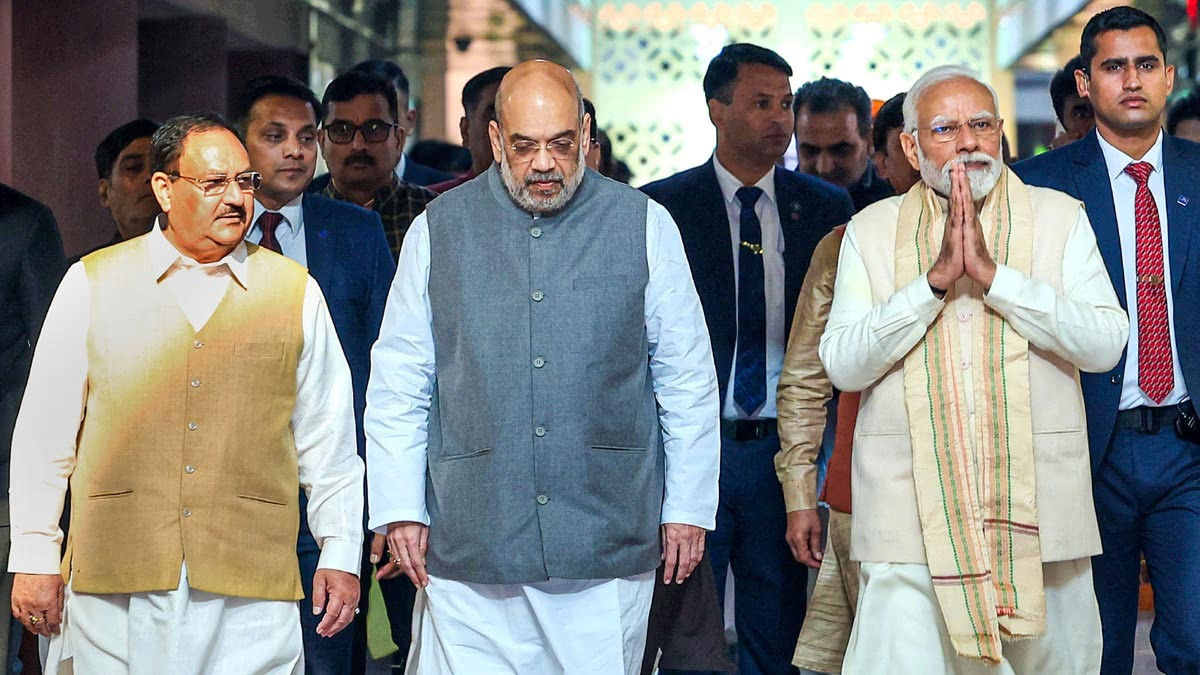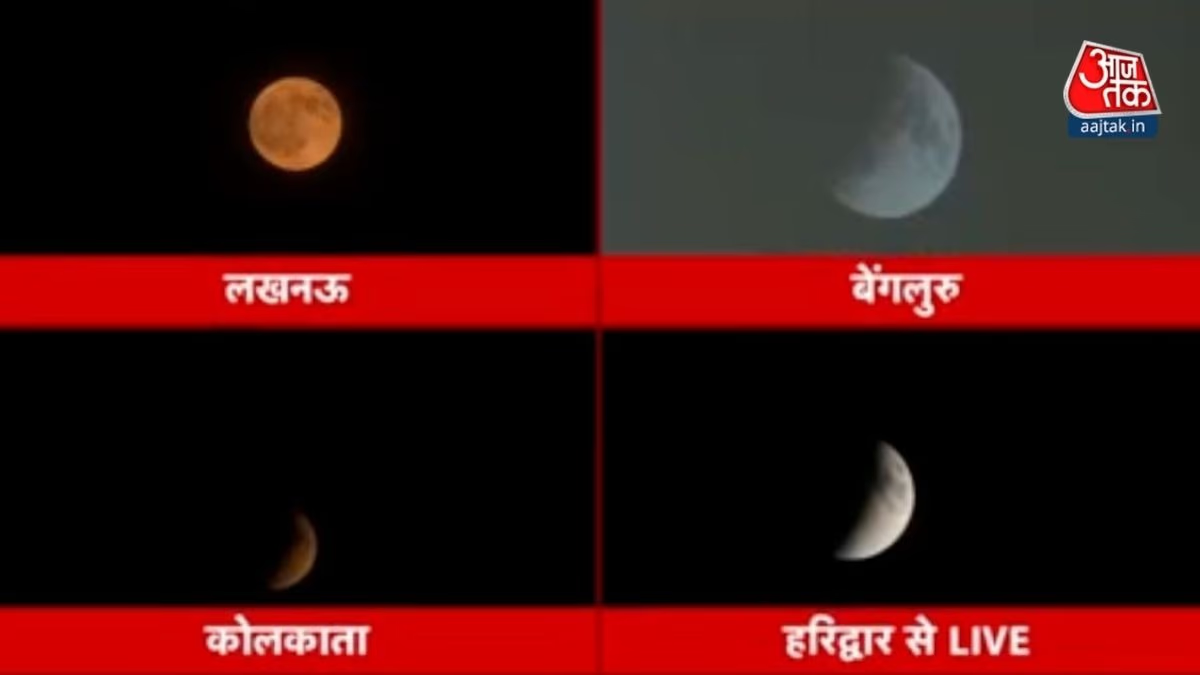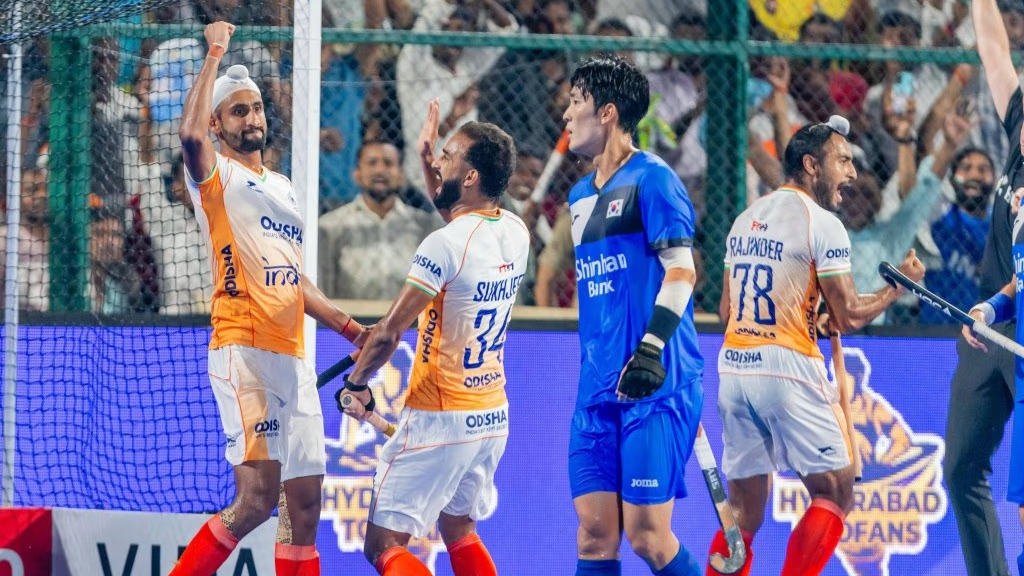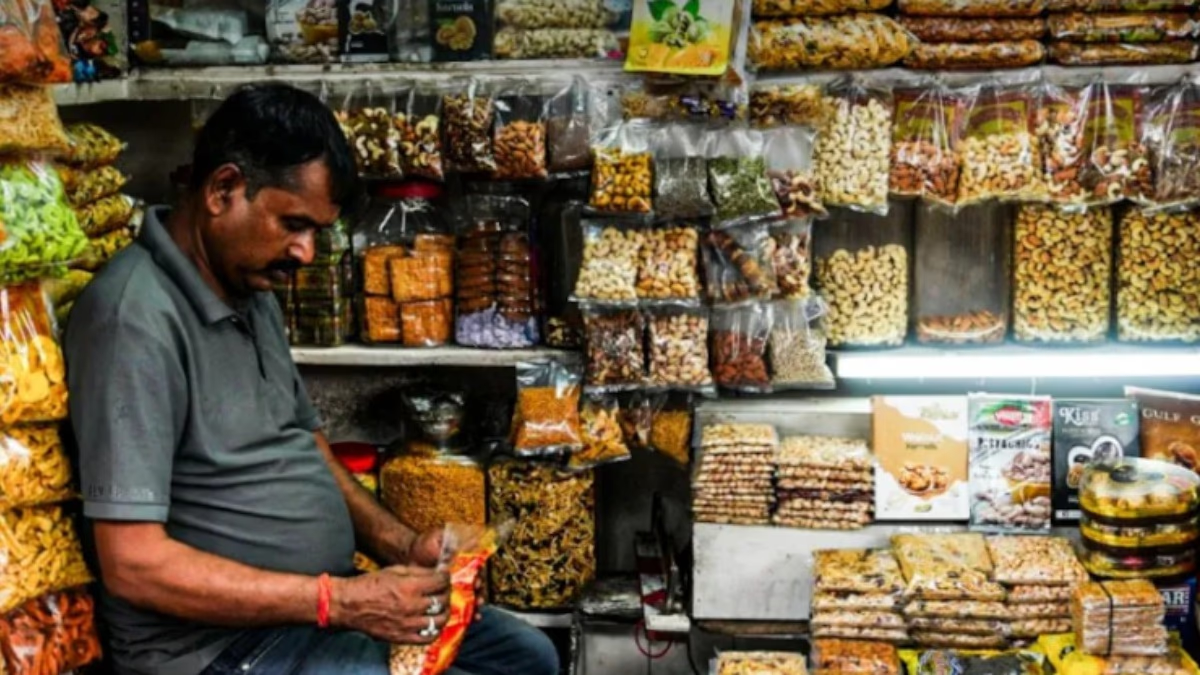After the results of the Lok Sabha elections, reports of internal conflicts within the Uttar Pradesh BJP have surfaced. From Delhi to Lucknow, a series of meetings are underway among party leaders. Now, the BJP high command has discussed UP's party internal report for the 2022 election outcomes.
According to sources, UP BJP President Bhupendra Chaudhary has prepared a 15-page report based on conversations and feedback from 40,000 party workers across 80 constituencies. Over the past two days, he has met with PM Modi, Home Minister Amit Shah, and party president JP Nadda to submit and discuss the findings.
An 8% decline in party vote share
The report indicates a decline in the party's vote share of at least 8 percent across all six regions of the state including Western UP, Braj, Kanpur-Bundelkhand, Awadh, Gorakhpur, and Kashi. According to party data, the worst performance was in the Western and Kashi regions, securing only 8 out of 28 seats. Braj brought in 8 out of 13 seats, while in Gorakhpur the party won just 6 out of 13 seats. In Awadh, only 7 out of 16 seats were secured, and in Kanpur-Bundelkhand, BJP failed to regain its existing seats, winning just 4 out of 10 seats.
The internal report submitted to PM Modi and the Home Minister suggests various reasons for the poor performance. These include arbitrariness of officials and administration, dissatisfaction among party workers towards the government, and paper leaks in government jobs over the last six years as main factors.
The report also highlights a decline in the votes from non-Yadav OBC communities such as Kurmi, Kori, Maurya, Shakya, and Lodh compared to previous elections. It asserts that the BSP's core vote share has decreased by 10 percent, and the party only managed to secure a third of the Dalit votes compared to 2019. The BJP also experienced a significant drop in votes from the Jatav, Khateek, and Pasi communities, which traditionally voted for BJP since 2014. These shifts evidently benefited the Samajwadi Party and Congress.
Looking forward, the report suggests if the party rectifies these issues timely and ensures more respectful interactions between party workers and government officials, it could gain an advantage in the upcoming by-elections for 10 seats and in future municipal, district council, and village panchayat elections.
Discussion with CM Yogi also slated
It is expected that soon, UP Chief Minister Yogi Adityanath and other senior party leaders will be summoned to Delhi to discuss the findings of the report. It's noteworthy that the Samajwadi Party won 37 out of 80 seats while BJP's numbers declined from 62 to 33.




